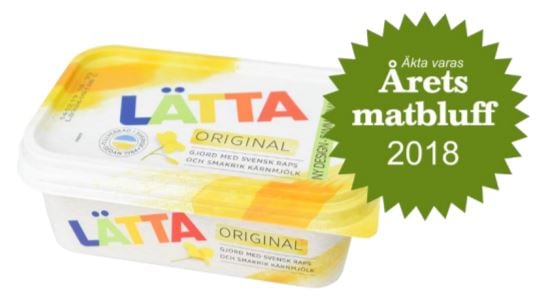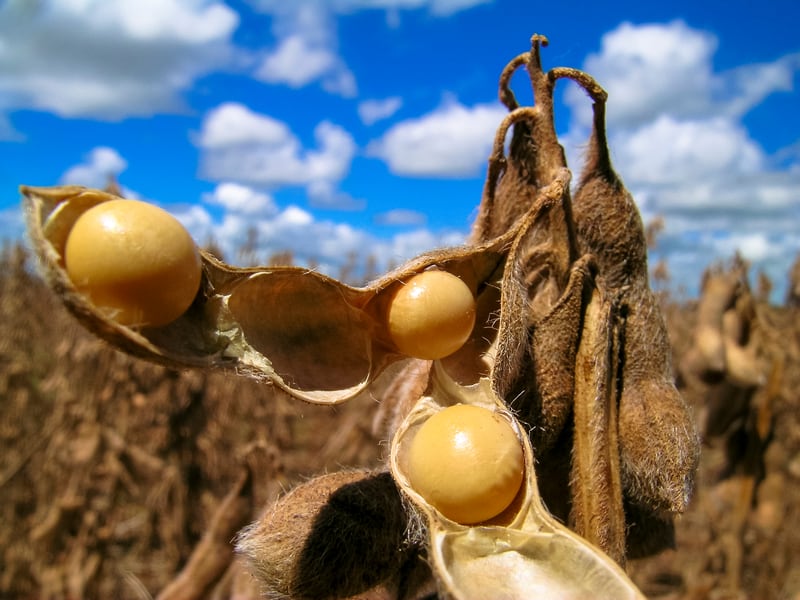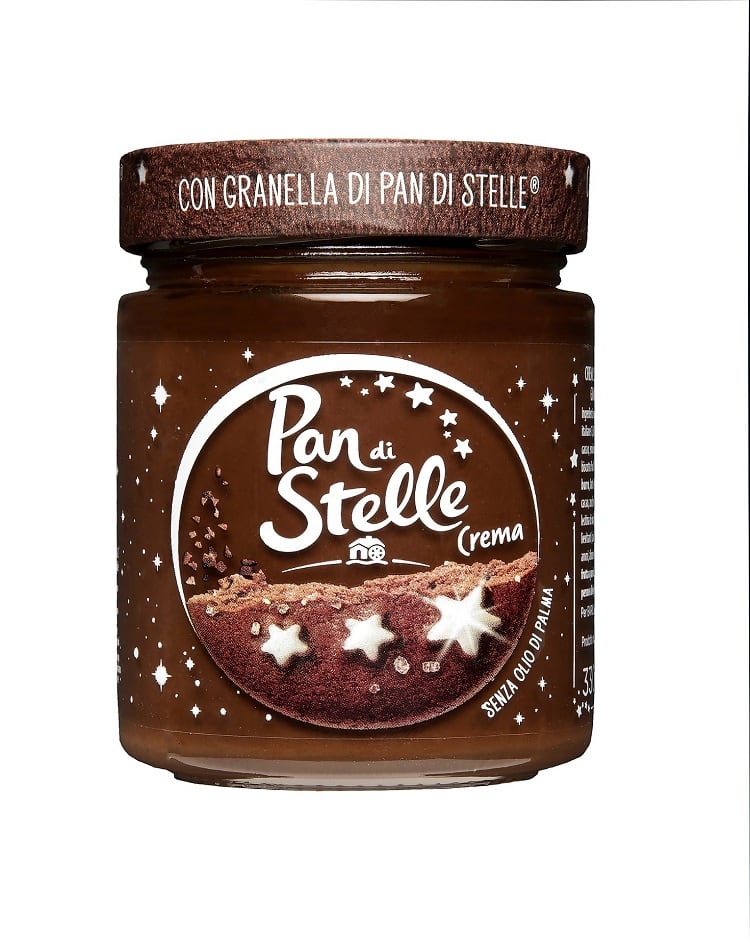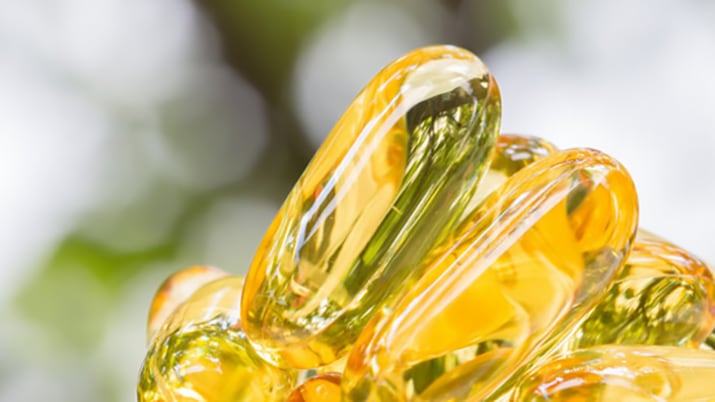The “anti-award” has been voted on annually by Swedish consumers since 2015. In this year’s poll, Lätta attracted more than 50% of votes. Out of around 30,000 votes cast on Äkta Vara’s website, 17,606 were for Lätta.
Äkta Vara described this as a “crushing” result, noting that the closest of the five contestants only had 5,000 votes. “Lätta is a very well-known brand in Sweden and is also sold in Germany. Lots of people have an opinion of it,” explained Björn Bernhardson, Deputy Chairman and Executive Member at the Swedish consumers’ organisation.
“It therefore hits you in the eye all the more when the producer is being caught bluffing in this way.”
What’s the ‘bluff’?
According to Äkta Vara, Swedish consumers reacted angrily to the fact that Lätta contains more palm oil than rapeseed oil but highlights rape as a key ingredient in “many places” on the packaging in “both text and picture”.
Lätta contains 21% palm oil and 18% rapeseed oil, a spokesperson for the brand told FoodNavigator. However, palm oil is only mentioned on the ingredients list in what Äkta Vara described as “very small letters”.
Lätta original list of ingredients: Water, palm oil*, rapeseed oil (18 %), buttermilk (5%), modified starch, salt (1.5%), emulsifier (mono- and diglycerides of vegetable fatty acids, sun flower lecithin), preservatives (potassium sorbate), acid (lactic acid), natural flavouring vitamin A and D. *= Traceable and sustainably certified
“It is obvious that the producers are aware that consumers, for various reasons, don’t want to buy palm oil and therefore the mentioning of it is avoided as much as possible,” Bernhardson noted.
According to the consumer organisation, Buttermilk (which accounts for 5% of content) is also “disproportionally highlighted”.
Lätta’s on box communication states: “Made with Swedish rape oil and tasty buttermilk” and the box is decorated with rape flowers. It is also stressed that the margarine is made in Sweden.
Sustainable palm oil?
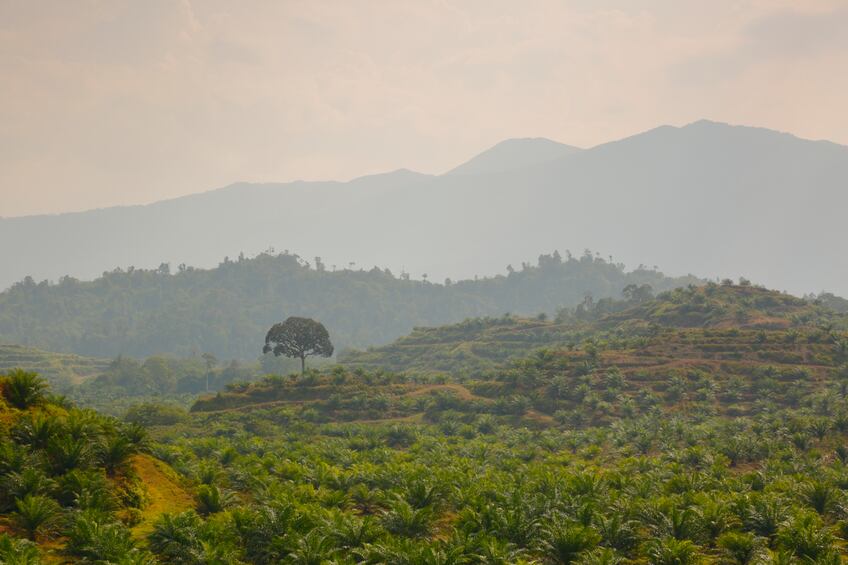
European consumers are increasingly aware of the sometimes-problematic nature of palm oil, which has come to be associated with negative environmental and health connotations.
Deforestation in countries like Indonesia, where large swathes of forest have been cleared for palm oil plantations, is a particular concern. The impact of oil palms growing on High Conservation Values Areas, peat land, and former tropical forests, have negative implications for climate change and biodiversity.
As a result, in Europe there has been a mounting backlash against palm oil, which is the most consumed oil in the world. UK retailer Iceland, for instance, pledged to remove palm oil from all its own brand products last year, a promise it has since had to back pedal on due to the difficulty and expense of such a large-scale reformulation project. The supermarket removed its own label branding from 17 products instead of the palm oil, it emerged this month.
However, industry experts often stress the need to shift the sector as a whole to more sustainable production methods. To achieve this, proponents of sustainably sourced palm oil argue that markets like Europe, where sustainability issues are a high concern, need a seat at the table to influence production methods. According to the European Palm Oil Alliance, the main consumers of palm oil are China, India, Indonesia and the European Union, which collectively account for almost 50% of all palm oil used. Without consumers in markets like the EU demanding the switch to sustainable palm production, there is the possibility that the industry will expand unchecked.
A spokesperson for Upfield – the former Unilever spreads business that was spun-out under the ownership of KKR last year – told FoodNavigator that the company is committed to sourcing palm oil certified by the Roundtable on Sustainable Palm Oil (RSPO).
“We respect the fact that palm oil is a topical ingredient. Therefore, it is important to choose sustainably produced palm oil that is certified according to the RSPO – an organisation that we are member of. All palm oil in our products is certified and sustainably produced according to RSPO's criteria.”
The spokesperson said the company was “disappointed” to receive negative feedback, which it now plans to review.
However, they stressed: “The labelling of Lätta is truthful and in full compliance of the regulation. Our intention was to highlight the local sourcing of rapeseed oil, which we believe is important to our consumers. The ingredient list reflects the content of the product in descending order.
“Lätta is a brand that Swedes like and respect. Our customers appreciate the taste of the product, that it is plant-based so impacts the environment less than animal products and that it is made in Sweden.”
Increasing attention on ingredients
Äkta Vara said this year’s vote showed a spike in consumer engagement.
The number of votes, 30,680, was almost double last year’s number of 15,514.
The award has also caught the attention of mainstream media, with the “winner” being revealed during a live broadcast on Sweden’s second largest TV channel, TV4.
The other finalists for ‘food bluff of the year’ also reflected growing interest in – and scepticism of – the ingredients list and related claims.
Äkta Vara detailed the finalists:
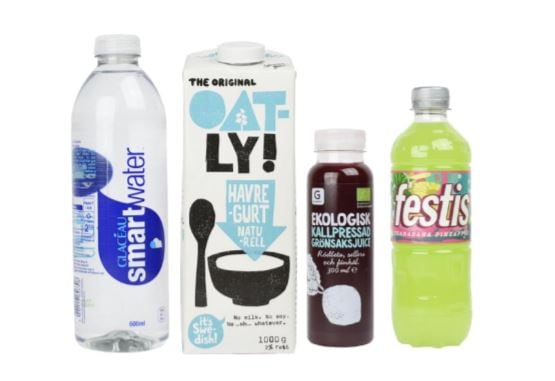
- Glacéau Smartwater, an “unnecessarily expensive bottled water” produced by the CocaCola owned brand Glacéau using a “nutritionally pointless distillation process”.
- Oatly havregurt, an oat-based yoghurt substitute which “despite its name and the bacterial fermentation process used” contains no live bacteria “due to undisclosed UHT pasteurization”.
- Garant ekologisk kallpressad grönsaksjuice, an organic cold-pressed so called vegetable juice with “beetroot, celery and fennel” depicting a beetroot on the front of the bottle but containing more than 70% apple juice.
- Festis guanabana pineapple, a fruit drink containing 0.003% (15 milligrams per bottle) of the tropical fruit.

